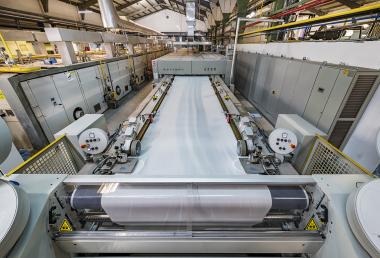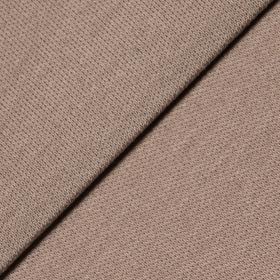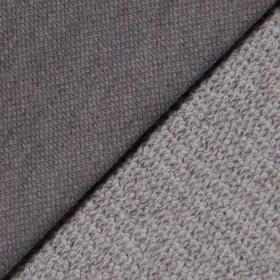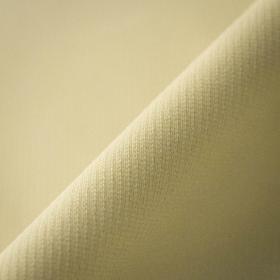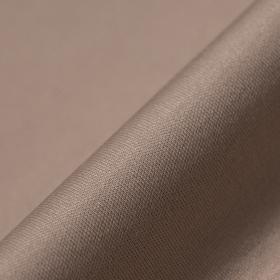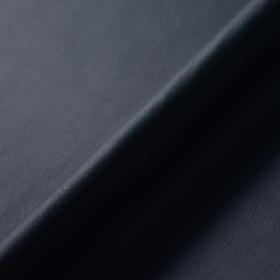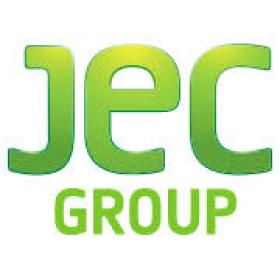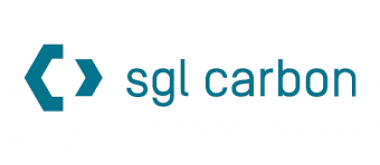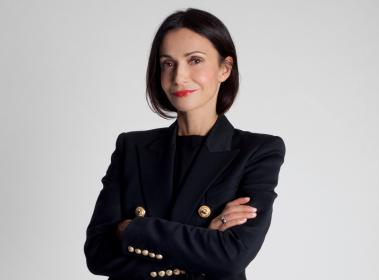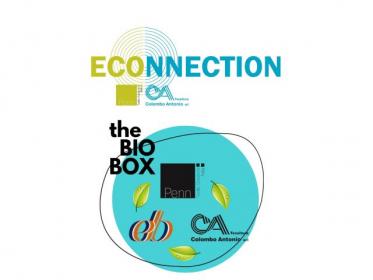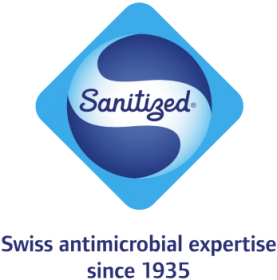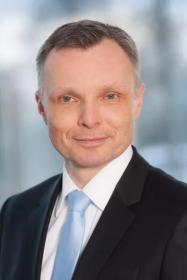İlay puts a premium on energy with new Monforts installation
The company, founded in 1993, has established a reputation for leadership in new printing techniques and technologies with customers across Europe, as well as with many of the leading Turkish brands.
Mission
On its mission to achieving continuous progress in error-free and resource-efficient manufacturing, İlay has just taken delivery of a new Monforts Montex stenter range, with a working width of two metres and eight TwinAir chambers.
“This installation provides us with much improved control options for all process parameters and compared to the old stenter it is replacing, we are particularly impressed with the energy savings we are making,” Mr Savaş says.
Achieving energy savings on Montex stenters has been a key focus for Monforts designers and engineers in Germany for many years.
With the TwinAir heating chamber system within a Montex stenter, top and bottom airflows can be regulated completely independently of each other, ensuring heat is only applied when and where it is required. The Optiscan balancing system ensures continuous automatic evaluation of the distance between the nozzles and the fabric for highly economical and contact-free drying.
The resulting constant evaporation rate within the stenter ensures optimum energy utilisation. In addition, TwinAir chambers feature special panelling for low heat radiation, careful sealing of all connecting positions and chamber access points, and air locks at both the entry and the exit.
“Monforts stenters set the benchmark in terms of energy efficiency and help conserve resources,” says Ahmet Kılıç, founder of Neotek, the representative for Monforts in Turkey. “Automatically setting the initial moisture content requirement for a specific process before drying to a minimum value helps reduce heat evaporation and consequently, energy consumption. The hermetic sealing of the stenter frame further prevents the loss of heated air as well as the ingress of excessive cold air – which has to be heated back up if it is not kept out in the first place.”
The new Montex line was completed at İlay Textile in August 2020, with no problems during either installation or commissioning.
AWOL Media


